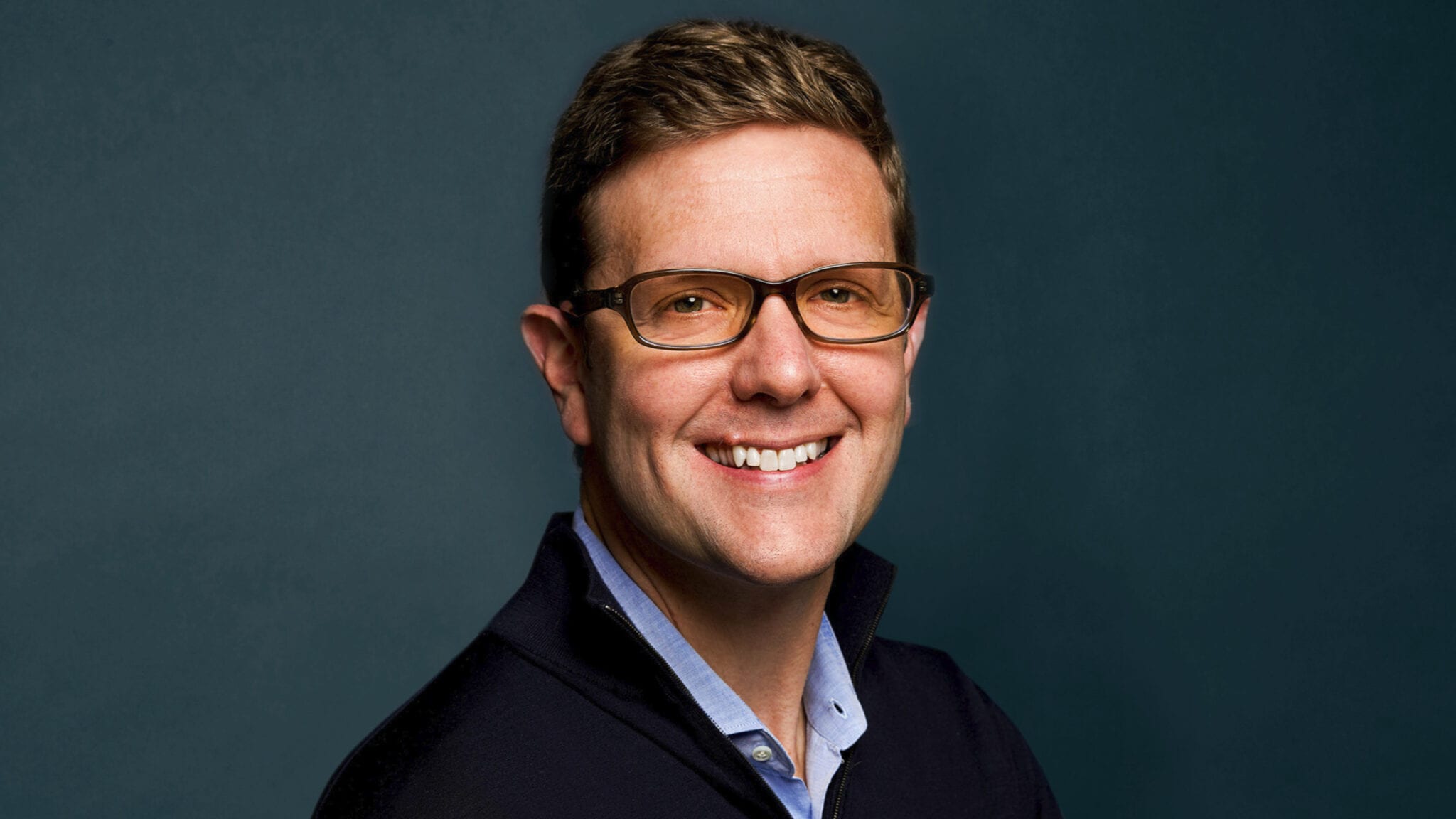
CEO Jeremy Bender (Day One)
With 'rapid' progress of pediatric brain cancer treatment, Day One sees broad excitement in new crossover round
Roughly nine months after emerging from stealth, Day One Biopharmaceuticals returned to the venture capital well and came away with a nine-figure prize. And with …
Sign up to read this article for free.
Get free access to a limited number of articles, plus choose newsletters to get straight to your inbox.